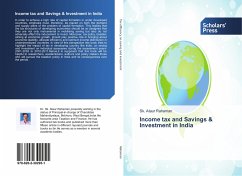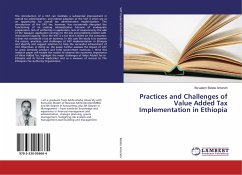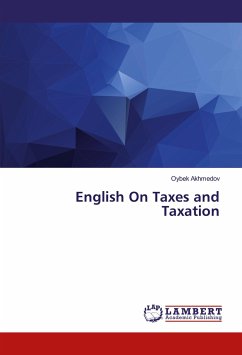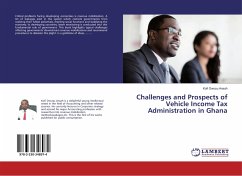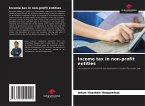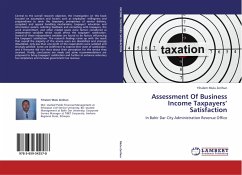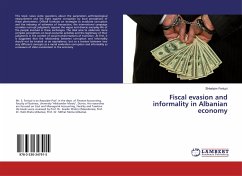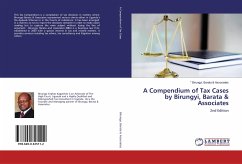In order to achieve a high rate of capital formation in under developed countries, emphasis must, therefore, be placed on both the demand and supply sides of the problem of capital formation. This implies that the tax structures of developing economics should be so designed that they are not only instrumental in mobilising saving but also do not adversely affect the inducement to invest. Moreover, tax policy, besides aiming at economic growth, should play positive role in bringing about economic stability, allocate efficiency and optimum income distribution in underdeveloped countries. In view of this perspective this book tries to highlight the impact of tax in developing country like India, on saving and investment on individual assessees during the assessment years-2001-2002 to 2010-2011.Hence,it is supposed that this book will be helpful to researchers, academicians, authors and policy makers those who will pursue the taxation policy in India and its consequences over the period.
Bitte wählen Sie Ihr Anliegen aus.
Rechnungen
Retourenschein anfordern
Bestellstatus
Storno

